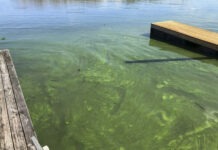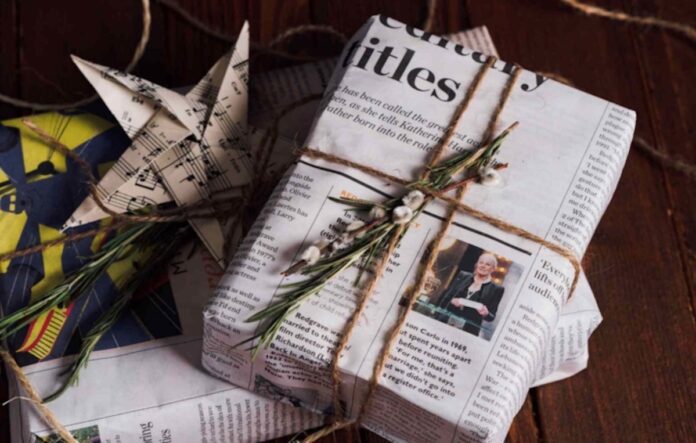
When we think of the holidays, food, family and fun come to mind. But all that merriment usually comes at a cost to our planet: carbon footprint of travel, resources used on parties, decorations and wrapping paper, and the waste of unwanted gifts. In fact, the Center for Biological Diversity (CBD) calls the holidays the most wasteful time of year.
Rather than get sour like Scrooge, we wanted to share some tips for a low-impact, high-fun holiday:
Travel
Carbon footprint is an important and often overlooked aspect of holiday environmental impacts. For Americans, Thanksgiving and Christmas are the most traveled days of the year. For locals, minimizing our carbon emissions might look like celebrating these holidays on the rock. If your family isn’t near, host a Friendsgiving or Christmas in paradise to keep things Keysy.
For Conchs looking to leave the rock, consider carpooling and taking buses or trains to reduce your personal carbon footprint. According to the BBC, the aviation industry is responsible for roughly 5% of global warming, so the less you fly, the better for the Earth. If you must fly, use Google Flights or similar online services that allow you to compare the carbon emissions of different flight choices.
Parties and decorations
In the Keys, we know a thing or two about good parties (see: Fantasy Fest). But epic parties don’t have to lead to epic waste and cleanup.
CBD estimates that over the holiday season, American households create 25% more waste – enough to fill 140,000 garbage trucks every week between Thanksgiving and New Year. To cut down on this, opt for real plates, silverware and cups in your festivities. Even if it’s more work to wash, it’s better for the Earth and your wallet.
If you like decorating a tree for the holidays, opt for a potted citrus tree or something local that you can plant afterward in your garden. If you do get a real tree, compost it when the holidays are over.
Instead of buying tinsel, plastic decorations, and other things that quickly get trashed once the party’s over, make traditional garlands out of popcorn, dried fruits, branches and other natural materials. Add a tropical touch with some dried palm fronds.
For holiday lights, use solar-powered instead of plug-ins. CBD estimates that holiday light displays in the US consume enough electricity to power 400,000 homes for a year. When you swap for renewable energy sources, you’re saving energy and money.
Food
Food is another arena where we can make some sustainable swaps. The University of Michigan estimates that food accounts for 10% to 30% of a household’s carbon footprint. We can reduce this impact by eating locally and in-season. This practice is a good habit all year round.
If you want to do more, eat more plant-based and carbon-light foods. It might feel blasphemous not to serve turkey or ham, but who says traditions can’t evolve? Try serving locally caught seafood at your festivities instead. After all, we’ve got palm trees for Hanukkah and Santa in swim trunks – why keep what’s on our tables traditional?
Don’t forget reusable bags when shopping for groceries, decorations, etc. This is another good habit to practice all the time. Pro tip: leave bags in your car so they’re always available for last-minute errands.
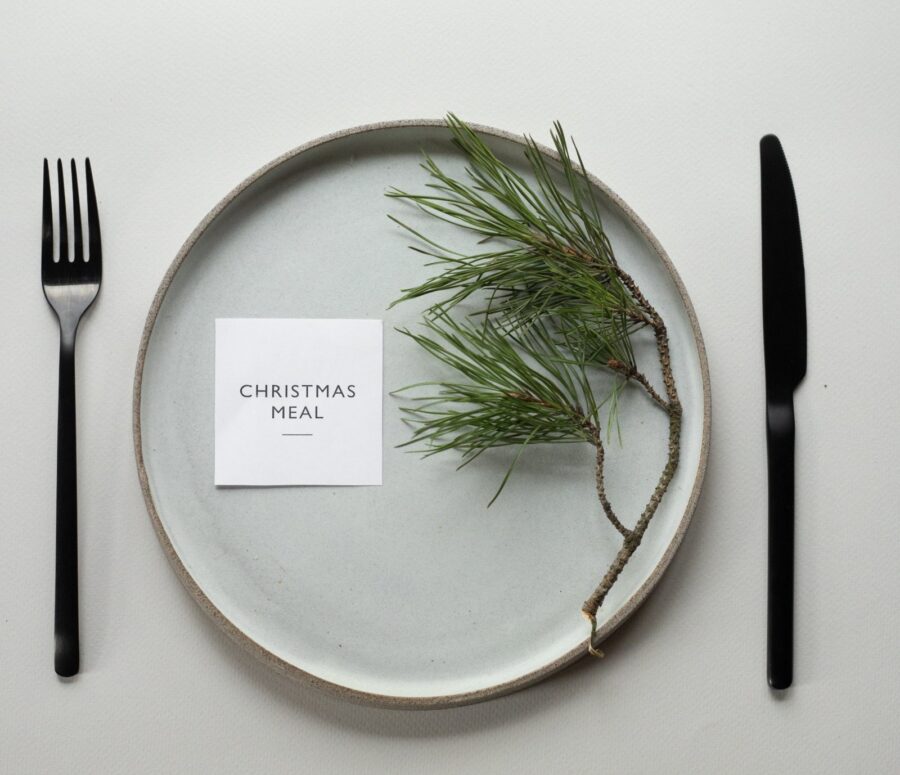
Gifts
For many, the holidays are synonymous with gift-giving. But we can change how we define gifts to make them more environmentally friendly.
First, try giving experiences instead of things. Often, last-minute giving results in stuff that isn’t necessary. Instead, give an experience together like a nice dinner out, a charter fishing trip or drag brunch. As a bonus, consider giving eco-conscious experiences like sustainable food tours or citizen-science scuba diving that spread awareness about environmental issues and give people a chance to give back. You can also donate to someone’s favorite environmental cause in their honor: adopt-a-coral, plant-a-mangrove, etc. – low impact with a high return for the planet.
As with foods, try shopping locally and supporting our great Keys’ artisans and shops. This reduces the carbon footprint of stuff we do end up buying.
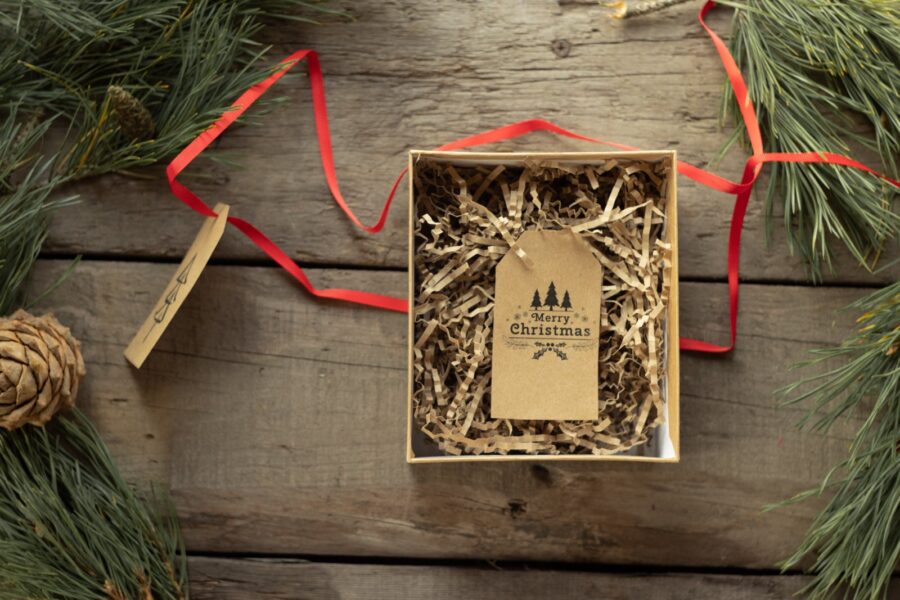
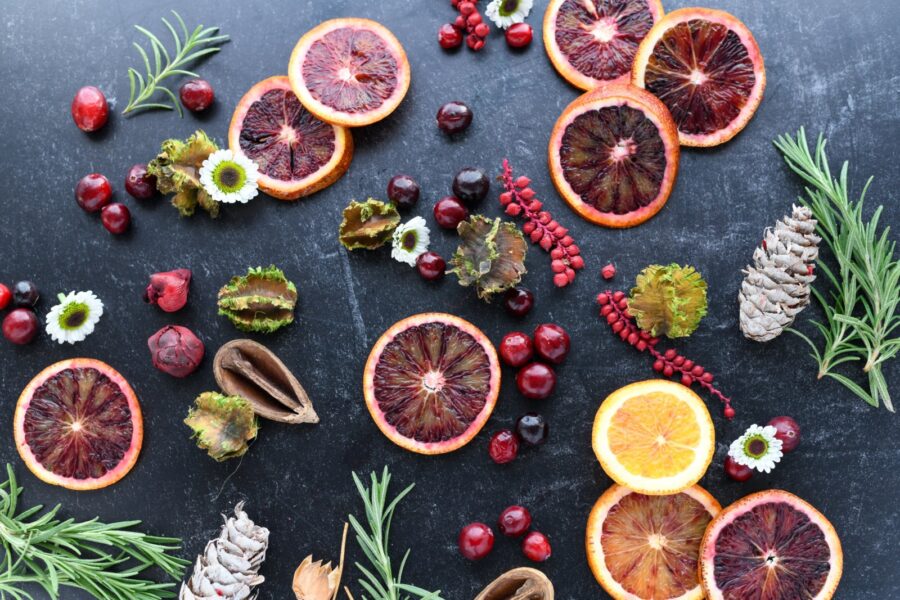
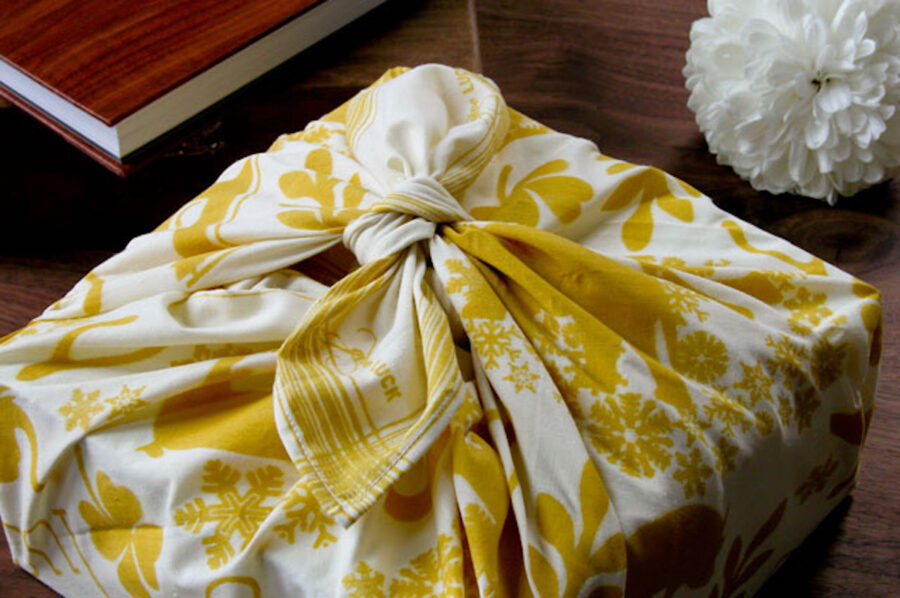
Wrapping
With wrapping gifts, aim to use reusable or natural materials instead of fancy gift wrapping paper. CBD estimates that Americans use 30 million trees annually to wrap presents. If each U.S. household swapped to eco-friendly alternatives for just three gifts, that would save enough paper to cover 45,000 football fields.
So, what’s environmentally friendly wrapping? Generally, the fancier the paper, the less it can be recycled. The same goes for metallic bows, tinsel, glitter and decorative tape. Avoid glitter-encrusted anything, confetti, shiny and metallic papers, fancy holiday cards, and most ribbons.
Instead, opt for brown paper bags or kraft paper – simple, chic and easy. Personalize with messages or designs and recycle when done. You can also use newspapers, old maps or cool posters to wrap gifts and give it a vintage, classy feel. If you’ve got kids at home, use some of their old drawings to wrap gifts with a personal touch.
If you want to go the reusable route, upcycle tins and boxes you already have to put gifts in, or use tea towels, scarves or other fabrics to wrap.
Instead of plastic bows and ribbons, tie sprigs of greens, pine cones or other natural materials on your gifts. Use twine, hemp, leather cord or spare fabric scraps.
A more sustainable mindset
With a few of these sustainable swaps, we can turn this season into one of more mindfulness and less waste. Generally, step one is to curb consumption. “Refuse” things you don’t need – like plastic grocery bags, single-use cups and gifts that might not get used. Avoid food waste and carbon-heavy foods. Opt for a staycation instead of a big international trip. Each of these choices helps us take care of our beautiful home while celebrating a low-impact holiday.
























